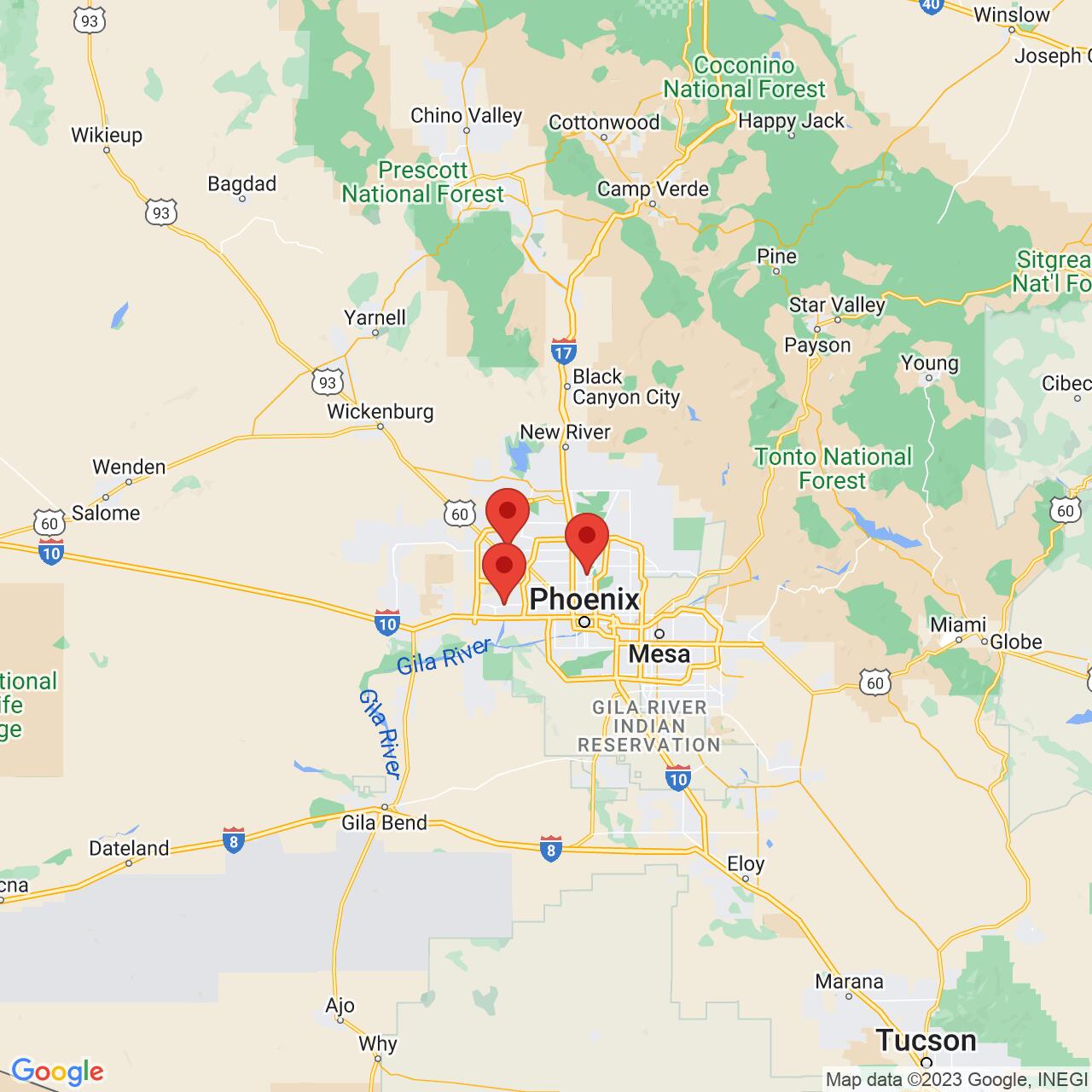Vehicle accidents occur in a wide variety of ways in phoenix and throughout Arizona. Often, these incidents are caused by the careless or negligent actions of other drivers on the roadway. However, there are times when medical conditions contribute to an accident. Here, we want to discuss what types of medical conditions can cause accidents as well as who may be held liable after these incidents occur.
What Medical Conditions Cause Car Accidents in Arizona?
Most vehicle accidents are caused by the careless or negligent actions of other drivers on the roadways. This can include driving while distracted or impaired, failing to follow traffic laws, driving too fast for conditions, and more. However, there are times when crashes are caused by medical emergencies or a driver’s pre-existing medical condition.
There are various types of medical conditions that could make it unsafe for a person to operate a car, including:
- Seizure disorders
- Limited visibility that is not corrected with lenses
- Diabetes and low blood sugar
- Heart diseases
In some situations, there may be restrictions placed on individuals who have pre-existing medical conditions that could impact their ability to drive a vehicle in a safe manner. However, that will only help if the medical condition is known ahead of time. In many situations, vehicle accidents are caused by medical emergencies. A new onset emergency happens without warning. Some of the main types of medical conditions that could lead to a car accident include low blood sugar, heart attacks, strokes, seizures, and any other medical emergency that impedes a person’s ability to control the vehicle.
Who Will be Liable for These Collisions?
Determining liability for an accident caused by one driver’s medical condition can be tough. In general, liability for a vehicle accident in Arizona is determined by investigating the incident and proving which driver or drivers were negligent. The problem with collisions caused by a medical condition is that there is no “typical” way to determine fault. Each of these cases will have to be examined independently and decided based on various factors, including:
- Whether or not the person knew they had an existing medical condition
- How much the medical condition contributed to the crash
- The extent of injuries or property damage
- Whether or not there was any shared fault
When examining these collisions, insurance carriers, judges, and juries may need to analyze testimony from trusted medical specialists to determine whether or not the medical condition caused the collision. If it is determined that a driver was aware of the medical condition and that it could impact their driving ability, then they may be held liable for the incident.
If a driver was not aware of their medical condition, or if an unexpected medical emergency caused the crash, then determining liability and securing compensation for the incident could be more challenging. The supposed at-fault driver in these situations will likely defend themselves by saying that there was no way they could control what happened.
Work With an Attorney to Secure Compensation
If you or somebody you love has been injured in an accident caused by another driver experiencing a medical emergency, you need to work with an attorney immediately. A lawyer will investigate the incident and gather any evidence needed to prove liability. This will include working with medical experts and handling all negotiations with the insurance carriers.


